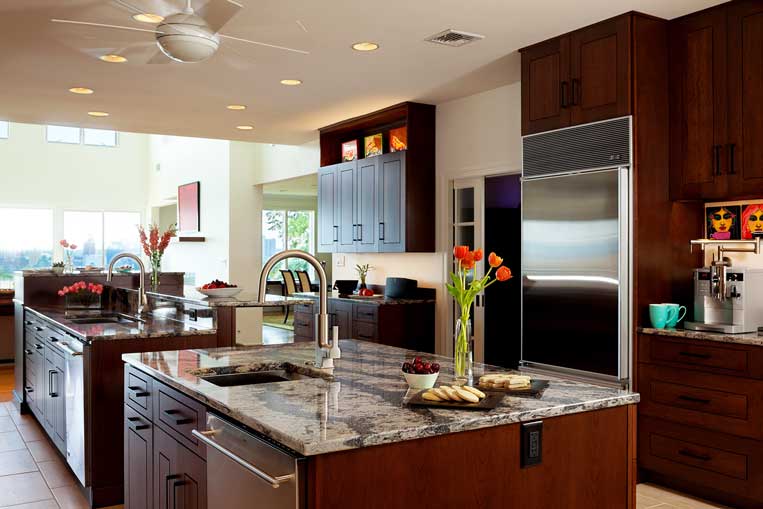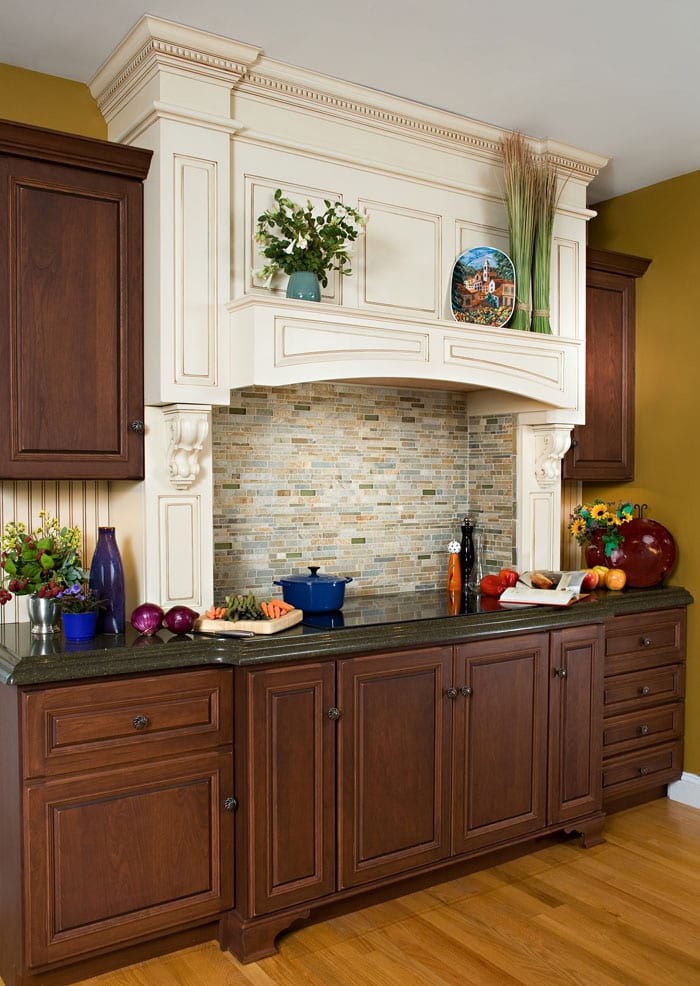Selecting Your Kitchen Remodeling Partner
Whether you’ve chosen the design-bid-build, design/build or hybrid project path, you’re going to need a professional who will guide you through the process of designing and building your dream kitchen. Much like choosing a mate, there are some boxes that can and should be checked, but ultimately a bit of serendipity and chemistry will decide whether the fit is right or not.
Here are the core qualifications that every kitchen remodeling professional should have.

They listen well, understand and embrace your desires
A designer will never cook a meal in your kitchen, bathe in your bathroom or entertain in your family room. If they don’t listen to you, chances are they will never fully appreciate that this is your space. It must reflect your desires, needs and personality. If you find a designer talking more about their vision and not enough about yours, it’s likely time to move on.
They represent or have access to the brands and products you want
Cabinetry, appliance, flooring and fixture companies spend millions of dollars each year promoting their brands and creating demand from consumers. If you start your journey determined to have a certain brand of cabinetry, then save time by visiting those kitchen showrooms that have access to the line. Kitchen designers typically can help you buy just about any appliance, flooring and fixture brands, but the same is not true for cabinetry.
They have the knowledge and experience to plan your space and manage the project
As with most professions, experience can impact the final quality of the kitchen design and installation. It’s axiomatic that challenges met and overcome in the past provide the confidence and knowledge to do the same in the future.
They are investing in continuing education and professional development
It’s surprising how quickly technology is changing the kitchen and bath industry. With the advent of new materials, networked appliances and changing consumer habits, a kitchen designer that is not staying up-to-date will be unable to offer you the latest products and techniques. Professional associations, such as the NKBA (National Kitchen & Bath Association,) NAHB (National Association of Home Builders,) and NARI (National Association of the Remodeling Industry) all have accreditation programs for members.
A CMKBD (Certified Master Kitchen and Bath Designer) certification by the NKBA requires at least 17 years of industry experience; national recognition through design competitions, industry awards, printed publications or televisions spots; and satisfying continuing education requirements on an annual basis.
Visit Their Showroom for a Peek into the Future
A visit to a showroom can suggest how a kitchen designer might work with you, on your design and in your home. Is the showroom well-designed, organized, clean and up-to-date? Were you greeted warmly before the designer knew you were looking to remodel your kitchen? First impressions count and visiting a showroom can offer a glimpse into a potential future partner.

Talk About Previous Projects To Understand How Choices Are Made
Most designers will have, either on their website or in showroom binders, samples of previous projects with before and after shots. Engage the designer in a conversation about the project and ask what the objectives were, what compromises were made, and what’s the one thing they like best and least about the project. Of course, you should also ask to speak with previous clients to make sure that as time has passed, they are still pleased with the work performed.
Choose a Designer With Whom You’re Comfortable
After all the boxes are checked, showrooms visited, and questions asked, think about the designer as a person. Is this someone whom you would like to spend time with – someone with whom you could amicably disagree? Designers can and often do have strong opinions, and that’s a good thing. You’re asking a designer to use their expertise to lead you through the process. But the bottom line is that you’re the customer. This is your project, your budget and your home. Disagreements will occur, and in those moments working with someone you not only respect, but also like, can make a world of difference.
